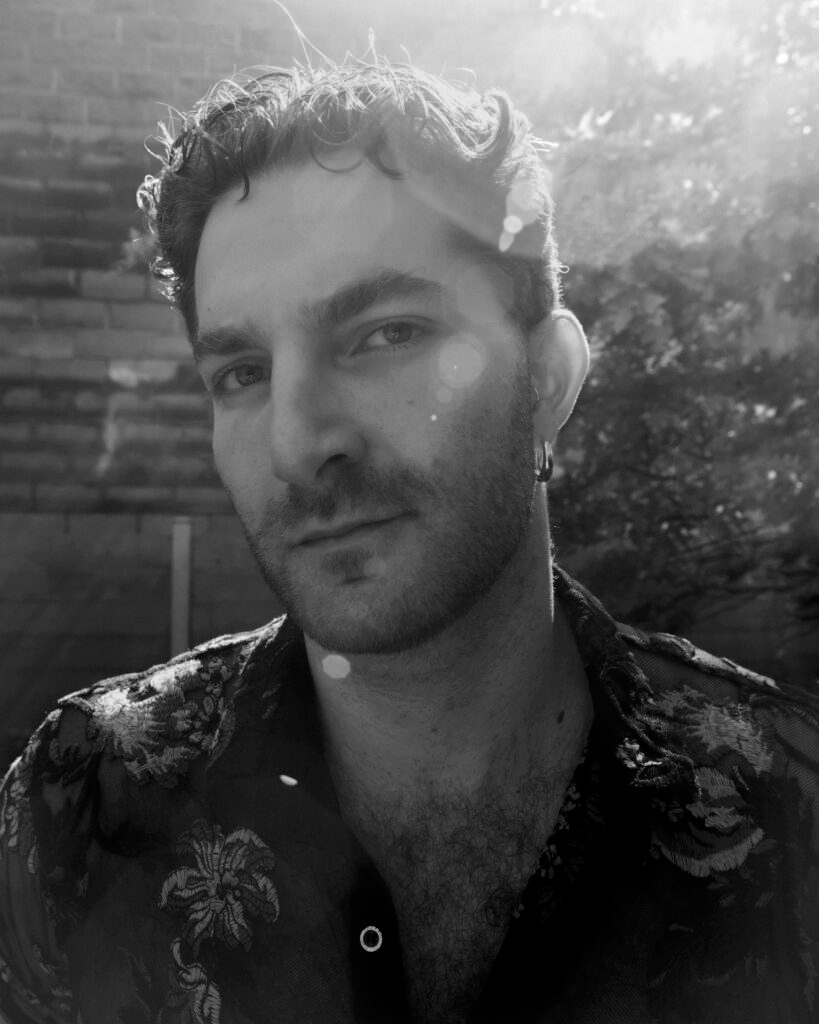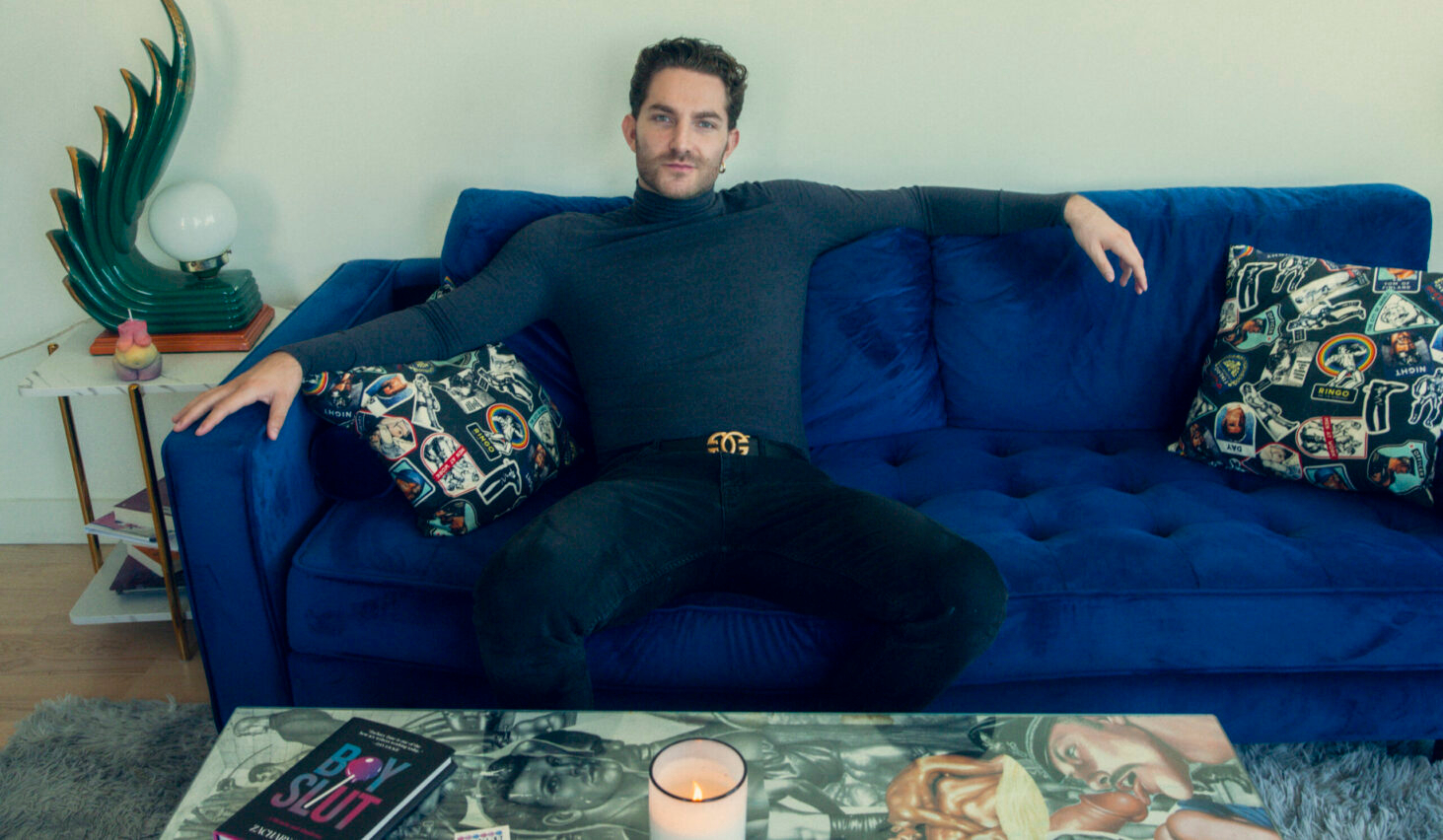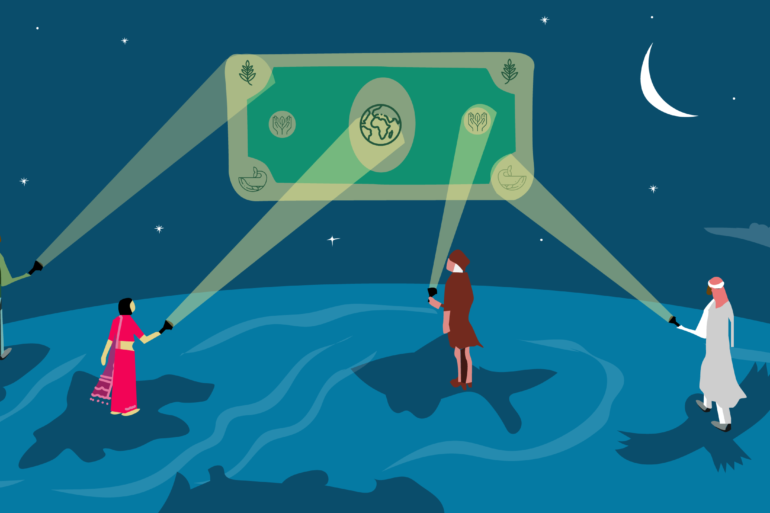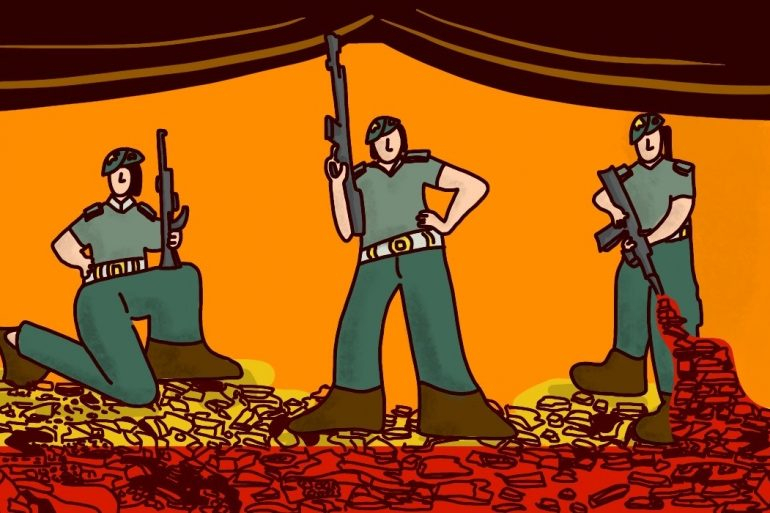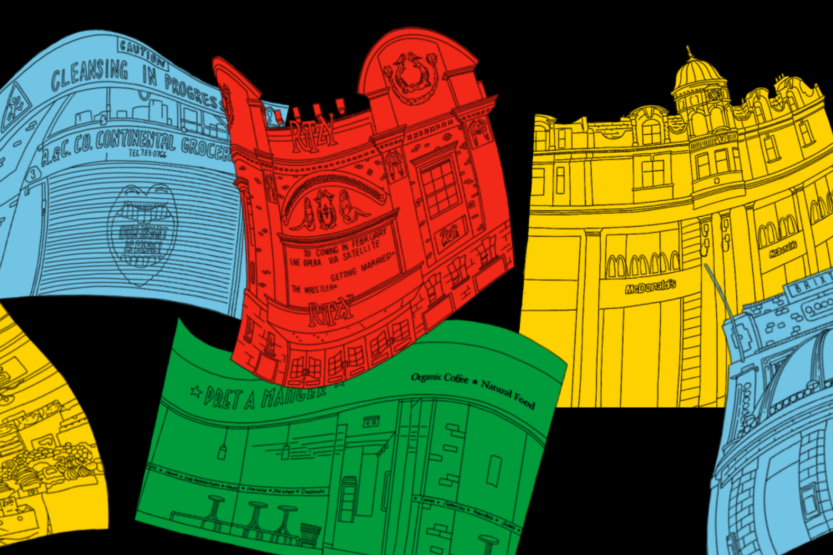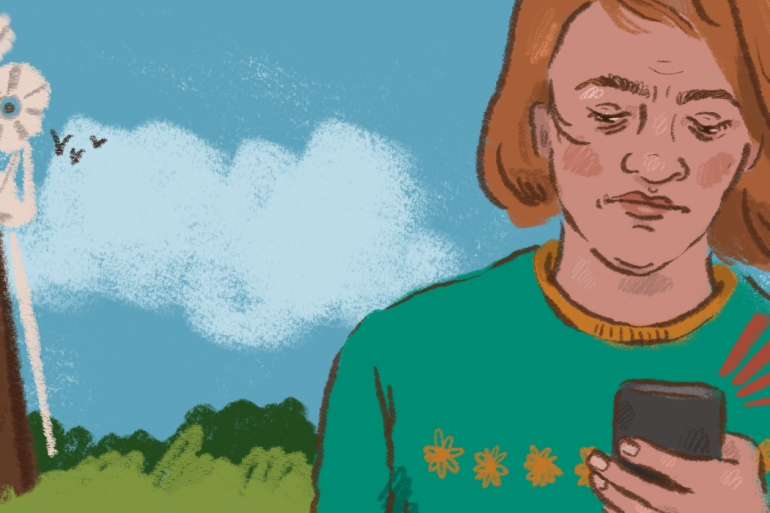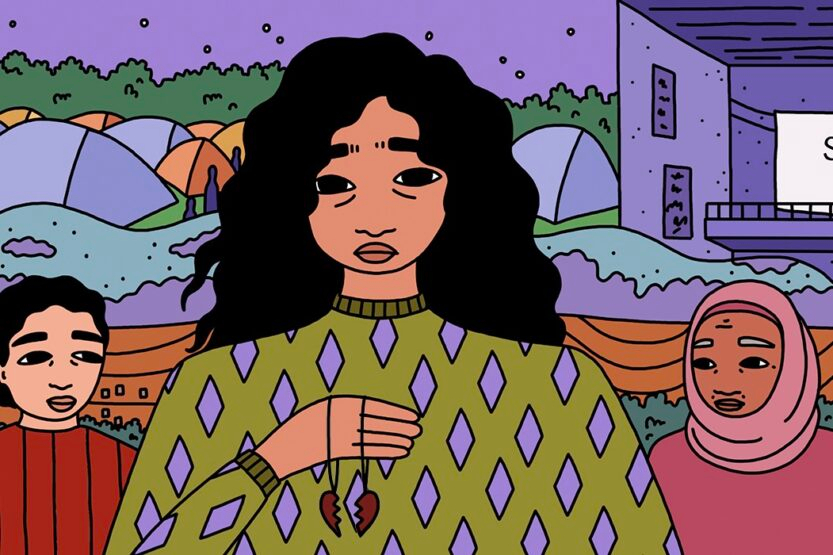A couple of weeks ago, Larissa (my co-host of the shado-Lite podcast) and I were asking: “Where the hell are all the male love, sex and dating writers?” With the ‘male loneliness crisis’, we were struggling to understand why so few men were stepping up and addressing this clear gap in the market.
Well, we found one!
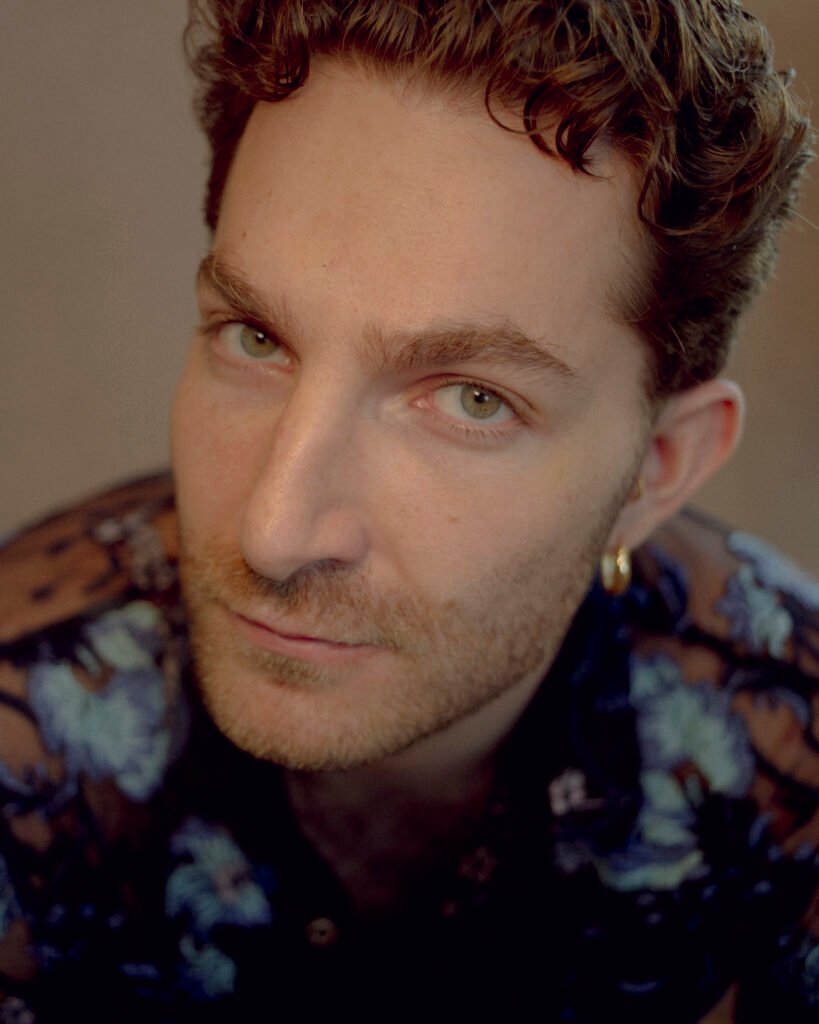
“I do think I’m somewhat unique – honestly my success comes from the fact I actually am a man in a rare space not dominated by men,” laughs Zachary Zane, author of the new book Boyslut: A Memoir and Manifesto. “I’m able to talk to men in a way that they may be more open to listening to, just because I am a man… which is fucked up,” he admits, but a reality many are dealing with.
It’s for sure fucked up, but male perspectives are important – in fact, they’re essential for guiding young men. I shudder to think how alienating dating would be if I didn’t a) unpack it with my best friends and girls in toilets all the time, and b) have brilliant and insightful women writers guiding me intellectually, emotionally and spiritually! The camaraderie is a huge part of what makes dating fun, healthy and interesting.
After years of doling out advice as a weekly sex and relationship advice columnist at Men’s Health and monthly ‘Navigating Non-Monogamy’ columnist at Cosmopolitan, Zach has come to the rescue by finally penning the story of his own life to represent an oft-invisible identity: the bisexual man.
Combatting sexual shame
Boyslut: A Memoir and Manifesto follows Zach’s journey to understanding and celebrating his bisexuality, combatting internalised sexual shame, and using his self-described “sluttiness and humour” to help us unlearn ours as well.
Traversing porn, sex work, queer spaces, bi-curiousity, rejection, fringe kinks, hook-up apps and shame, you don’t need to identify as a bisexual man to learn from Zach’s slutty fieldwork. In fact, straight men struggling to navigate their masculinity, relationships and sexual preferences can learn a lot from this book too.
“I’m sharing my story of how I overcame sexual shame,” Zach says. “But I’m also giving direct advice and guidance in a way that most memoirs do not – it’s a blueprint for a way you could live your life that speaks to values I hold.”
The values he holds are broadly this: this sex-negative society is fucking us all up. In fact, as I was reading, I could feel his writing exposing the socialised sex negativity inside me – the fear of shame, rejection, of being perceived as gross or weird.
From the first chapter, Zach’s brazen sex positivity is laid bare – “Why should you listen to me? My body count is more than 2000!” He’s shagged people of all genders, sexualities, backgrounds, religions, ethnicities and heights, occasionally described in intimate detail.
Delving into Zach’s outrageously sexually liberated position is a fun experiment into exposing where your own areas of sexual shame may lie. His unabated enthusiasm for shameless, caring and consensual sex is infectious and, with gentle encouragement by the author, will soon spark your intellectual curiosity as parts of his story make you feel uncomfortable.
I think about some of the most embarrassing or hurtful things that have happened to me when having casual sex, relationships and dating – and again can’t even imagine how I would have navigated that shame without my housemates, my sister or my dating columnist girlfriends (Annie Lord, I shout you out every time for doing god’s work). Zach’s diagnosis of the cycles of shame and isolation – whether pertaining to kinks, sexual attraction, porn, loneliness, rejection, mistakes or traumas – can easily send men spiralling to self-loathing, addiction and anger.
With women being socialised from a young age that our value is in our ability to be loved and coveted by men, through media and education, it makes sense we grow to be interested in unpicking these notions and norms – we question love, beauty standards, relationships, because all these things have been weaponised to imprison us in many ways.
Most men have a different journey, and societal value is in their strength (or not weakness) – anything even relating to femininity (such as an emotional or intellectual interest in love) can be seen as a form of weakness and so it becomes embarrassing, even in the most progressive of men in 2023, to emote loudly. But just because it’s embarrassing doesn’t mean it’s not happening.
We know this from the growing popularity of hideous ‘role models’ like Andrew Tate, Fresh n Fit and every woman-hating podcast – they are speaking to a demographic who are yearning for guidance, isolated young men who fear rejection.
“They don’t know what type of man they are supposed to be, being penalised for being too emotional by some, and not being ‘man enough’ by others,” reflects Zach. “And this frustration leads to anger, internalised shame. The answer isn’t more toxic masculinity but to be more vulnerable and to break down the internalised elements of misogyny. We have to build communities that celebrate not being toxically masculine and help men find them.”
Shout it from the rooftops
While there are lessons for everyone, this book is a big, fat, vibrant celebration of bisexuality; bisexuality as a distinct identity with its own challenges, histories, complexities and joys.
Zach retraces his internal struggles: the shifting realities he’d built for himself (I’m not gay, I like kissing men, ok I like having sex with men but I’m not in love with them, I love men and having sex with them, I am a bisexual polyamorous fraysexual!!!) and how society and those around him (straight, gay and even therapeutic professionals) aided and abetted the confusion and shame he was feeling.
“I’ve been writing about bisexuality since 2015,” explains Zach. “There was such a dearth of bisexual content. Most of the stuff out there was studies about men spreading HIV or 10 Things to Never Say to a Bisexual Person.”
Zach started writing to show there was another way for all the other sexually confused men denying part of themselves. Boyslut meticulously lays out the challenges to finding your identity as a bisexual or pansexual person – not feeling accepted by either straight or gay communities (sometimes described as the ‘double closet’) and disparities in rates of depression, anxiety and vulnerability to assault. And lastly, the idea that to have the world see you as bisexual, you have to say it and continue to say it – as bisexuality is not a super visible identity.
Subscribe to shado's weekly newsletter
Exclusive event news, job and creative opportunities, first access to tickets and – just in case you missed them – our picks of the week, from inside shado and out.

“The issue of bi-relationships is they [are] categorically undefinable. A man dating a man is colloquially a ‘gay relationship’, whereas a man dating a woman is a ‘straight relationship’. Really, the only way for the relationship to ‘read’ as bi would be if you are polyamorous and have both a girlfriend and boyfriend. While that sounds like paradise to me, the vast majority of bi people aren’t looking to be in a mixed-gender throuple. Since, colloquially, you can’t be in a diyadic bisexual relationship, rather you’re a bisexual person in gay or straight relationship – it’s hard to remember, let alone see, there are bisexuals amongst us. Bisexual people are only visibly bisexual when we announce our sexuality. Really bisexual visibility is a bit of a misnomer; we should say bisexual audibility,” writes Zach.
Zach and I talk about this mic-drop moment in the book. “It is exhausting, right?” he says. “You have to constantly declare your bisexuality, and then justify, explain or defend it.” He further outlines the heavy burden this can be for young men navigating internalised homophobia, with so few outspoken visible role models.
Chapter 8 provides a handy guide on how to reply to all of the classic ways Zach has found people undermine his bisexuality. “If you can be bisexually audible and support the community, absolutely do it. If not, do not feel guilty. Do not feel pressured. Do what is best for yourself, first and foremost,” he asserts.
Moving past jargon…
While a raunchy carnival of audible bisexuality, the book is also a warm invite into the broad spectrum of queer identities that sometimes might feel inaccessible.
“I wanted it to be written in a way where I recognise that words are important, labels do have meanings and can be crucial to your identity, but similarly jargon can exclude people,” explains Zach when I compliment his balance of explaining labels considerately in a way which doesn’t overwhelm the reader. “I wanted everyone to understand it and come away like hey, language is a tool to better understand ourselves and not a tool to exclude other people.”

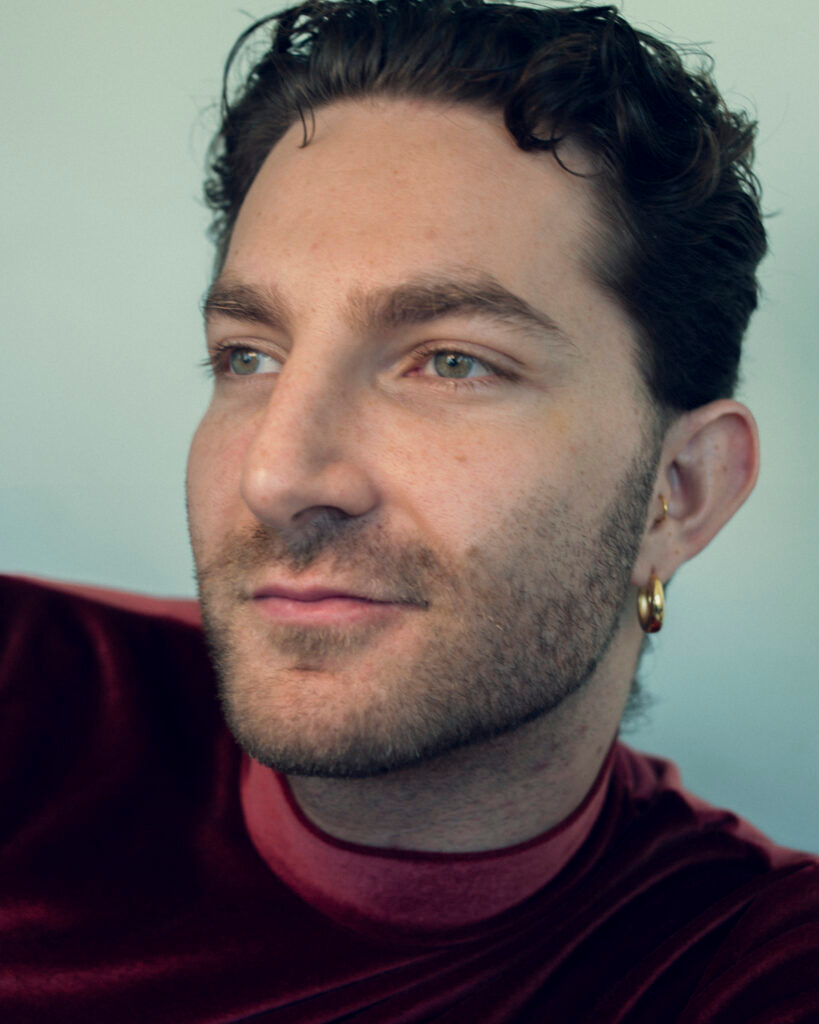
Zach’s deliberate use of clear language was an attempt to balance respect with accessibility, “I feel there is an element of somewhat elitism in the queer community, sometimes how we use queer theory is not inclusive and makes people fear saying the wrong thing.”
He muses further on the issues with the academic-ification of queerness. “I have so many friends who didn’t go to college, didn’t read Judith Butler, and don’t understand the difference between bisexual and pansexual who are still trying to figure out their identity and community. But they are so fearful of speaking in case people jump down their throats. I was trying to break these things down in a way that was not overwhelming.”
In fact, Zach goes to great lengths to clearly and kindly set out the differences in how he understands bisexuality and pansexuality – and how his decision to identify as bisexual is partly informed by the fact it’s a more accessible and widely understood term. He’s being the accessible representation he needed when he was navigating his own sexual shame and confusion.
“If you look at the content now compared to eight years ago, on creating communities, content by bisexual people for bisexual people, how to deal with internalised homophobia, the health disparities, how to date when you identify as bi. That is a huge change!” Zach cheers.
“And I don’t think it’s a coincidence that as we’re seeing more of this content and greater media visibility and representation, more and more people are identifying as bi than ever fucking before! And it’s not due to hormones in the fucking milk, but because there is greater acceptance of bisexuality and fluidity.”
The reason Zach’s book is so fabulous is because he is a man far from the norm – but at the same time, he’s able to speak to the ‘normal’ experience. There are universal struggles that men experience that he speaks to: in the main, wrestling with and unpicking masculinity and the chains it had on him.
For the girlies and enbies looking for a good Christmas gift for male friends and lovers, Boyslut is a great choice. It might help a straight or bi or queer friend work through some serious stuff, or at the very least it will spark open conversations around intimacy, kink and having fun, exciting sex.
What can you do?
- I asked Zach to recommend other male writers and influencers on sex and dating, and the only one was Dan Savage – so check him out.
- Read the book!
- Are you a bloke struggling with dating, sex and gender issues? Check out Zach’s column for MensHealth
- Check out and support LGBTQI+ support groups such as GLAAD or check out the LGBT foundations Bi-programme
- If you identify as bi (or think you might!) Bi Community News is a bimonthly magazine with content and news for the bisexual community as well as lists of local groups
- Read more shado articles on sex, consent and kink:
